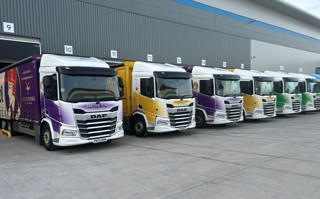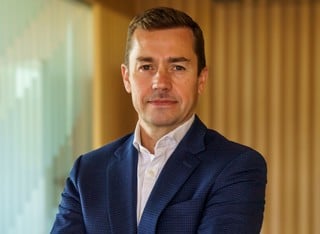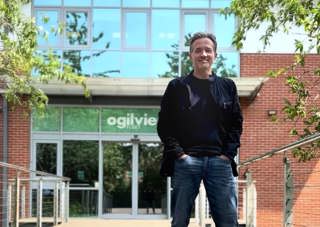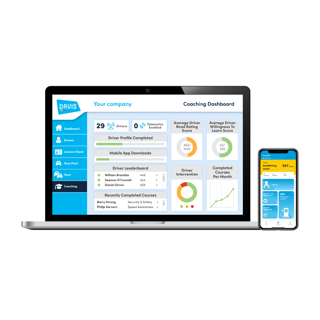Andrew Cope has led the management buyout (MBO) of incident management and roadside recovery business FMG for an as yet undisclosed sum.
The new management team now controls 58% of the business compared to just 25% before. Founder Nick Brown remains a shareholder, but institutional investor Spirit Capital has sold its stake, which it acquired in 2008, and has been replaced by Endless LLP.
“We are on the cusp of some very exciting developments at FMG and this is a great time to complete the buyout and accelerate the growth in the business,” Cope told Fleet News.
“We believe we can shake-up the industry and that’s what we intend to do – delivering great service for our clients.”
He had stepped down as chairman of Zenith, where he remains an investor, after HG Capital’s acquisition of the business.
However, after identifying FMG’s strengths and weaknesses, he decided to take greater control and lead the MBO, having seen Zenith through five successful private equity buyouts between 2003 and 2014.
Cope said a lot of investors were keen to support the company’s plan, but they chose Endless because it was quick acting and willing to work with FMG’s management team.
It had also raised a new fund of £525 million to invest in buyouts, non-core acquisitions from larger groups and re-financings. That came after a record year of new investments for Endless, including the public-to-private acquisition of Office2Office, which was subsequently merged with Vasanta Group to create a combined business with turnover in excess of £600m.
Darren Forshaw, a partner at the investment firm, said: “Supporting Andrew, John and the team in the buyout of FMG is an important step for Endless and fits perfectly with our new, broader investment plans.
“It is an exciting business in a growing and changing market, which we believe will provide great opportunities for the team at FMG to show its strengths.”
FMG specialises in providing outsourced incident management services for a range of clients, including insurance companies, corporate fleets and leasing companies.
It also provides specialist roadside recovery services for Highways England, as well as several police forces and local councils.
Currently, that equates to managing around 250,000 vehicles, but its aim is to take that to some 400,000 units within the next three-to-five years.
FMG grew its managed fleet by nearly 60% over the past two years, making more than £2m last year and expects to more than double that this year to £5m-plus, making it the most successful year the company has ever had.
It is aiming to build on those recent successes by strengthening existing relationships with its network of repairers and continuing to invest in front-end platforms to provide greater interaction with drivers.
Major fleet operators such as Kier and Morrison Utility Services are already on the company’s books, but the vast majority of its business – around 70% – comes from white label products provided to leasing companies.
FMG’s CEO John Catlin said: “It makes more financial sense for leasing companies to outsource incident management to us, because we have the expertise, scale and technology at our disposal.”
Ingenium, its in-house designed and managed platform, enables FMG to track and report on every transaction within its business, identifying patterns and trends to provide actionable insights. It also gives customers complete visibility and control of their incident and risk management data.
Catlin continued: “Fleets are looking for a technologically advanced service to mitigate claims costs, protect their drivers and prevent incidents; that’s what we do.”
FMG’s focus on crash prevention through its risk management portfolio is another key strand to achieving its growth ambitions, according to Ben Creswick, business development director at FMG.
“That will be the big differentiator to enable strong growth in the fleet and leasing markets,” he said.
FMG is already working with leasing companies like LeasePlan, Alphabet and GE Capital, but now it’s hoping to win new deals and establish itself as the natural choice in the sector, just as others have in the glass and tyre markets.






















Roddy Graham - 30/04/2015 11:53
Congratulations Andrew, John and all of the FMG team. It is a tough market but with guts and vision you will continue to grow - well done guys.